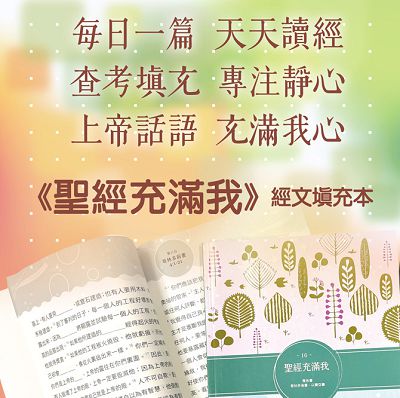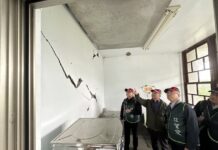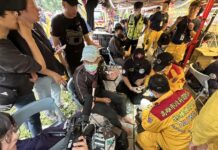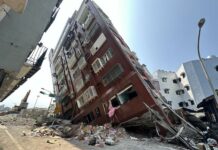PCT responds to Autumn Struggle with calls for protection of workers’ rights
Reported by Chiou Kuo-rong
Written by Lydia Ma
The annual Autumn Struggle on November 7, 2010, this year began at 2:00 p.m. just outside of the Ministry of the Interior before concluding at 4:00 p.m. on the front steps of the Council of Labour Affairs (CLA). Members making up this labor movement now consists of people from a variety of backgrounds, including Aborigine, migrant, and manual workers.
Demonstrators issued a joint statement on that day decrying unfair treatment on the part of employers, especially in the wake of the global financial crisis that began in late 2008 which saw record number of employees placed on furlough or laid off.
Commenting on this event in an interview with Taiwan Church News, PCT Church and Society Committee Secretary Huang Che-yen said Taiwan’s labor policies barely protect employee rights. He explained that whenever labour disputes arise, Taiwanese government’s modus operandi is to side with the employer – and the CLA is no exception.
With the advent of new technologies at our disposal, not only did manual workers’ work conditions or workers’ rights fail to improve, they worsened quickly instead, Huang underscored.
Though a recent determination to stand up against exploitation is what prompted many people to take to the streets, Huang said that contrasting the number of people that come out yearly in Japan during it’s own “Autumn Struggle” and “Spring Struggle”, and their effectiveness in prompting change from their own government, the vast majority of Taiwanese people who show up at Taiwan’s “Autumn Struggle” are labor unions and a few left-wing social service organizations, such as a Catholic organization that ministers to foreign and migrant workers.
As long as age-old and structural government problems such as corporate-leaning public policies remain, practices such as habitual work overload and work overtime will continue to plague Taiwan, regardless of which political party is in charge of Taiwan’s government, Huang said.
He added that as a church, it’s PCT’s calling is to stand in solidarity with manual workers all the way. But he went on to stress that PCT had much self-evaluation to do as well. Reminding PCT members who employed maids or factory workers from other countries, Huang asked them whether they had a clear conscience when it came to giving out fair wages and fair hours, or whether they had also made their foreign employees work excessively long and hard.






